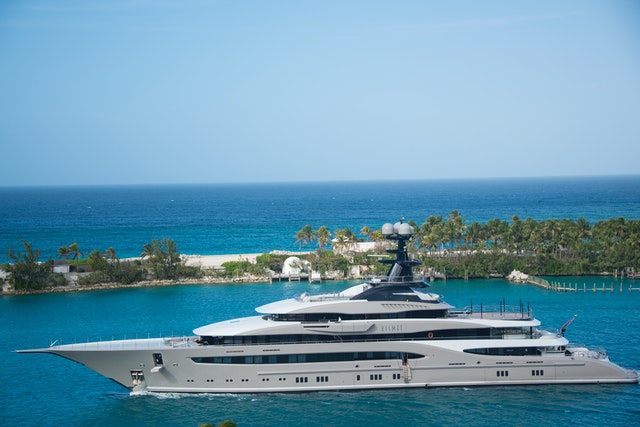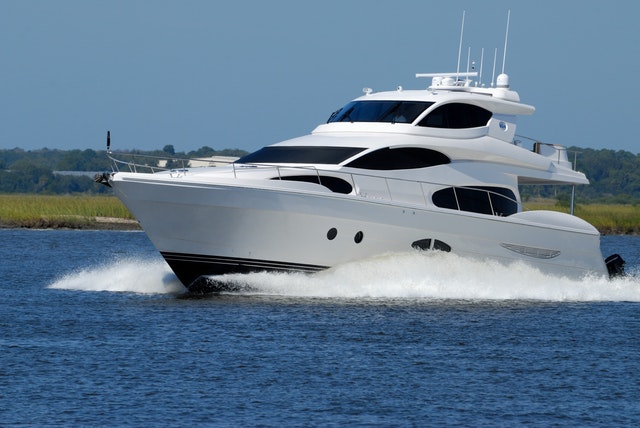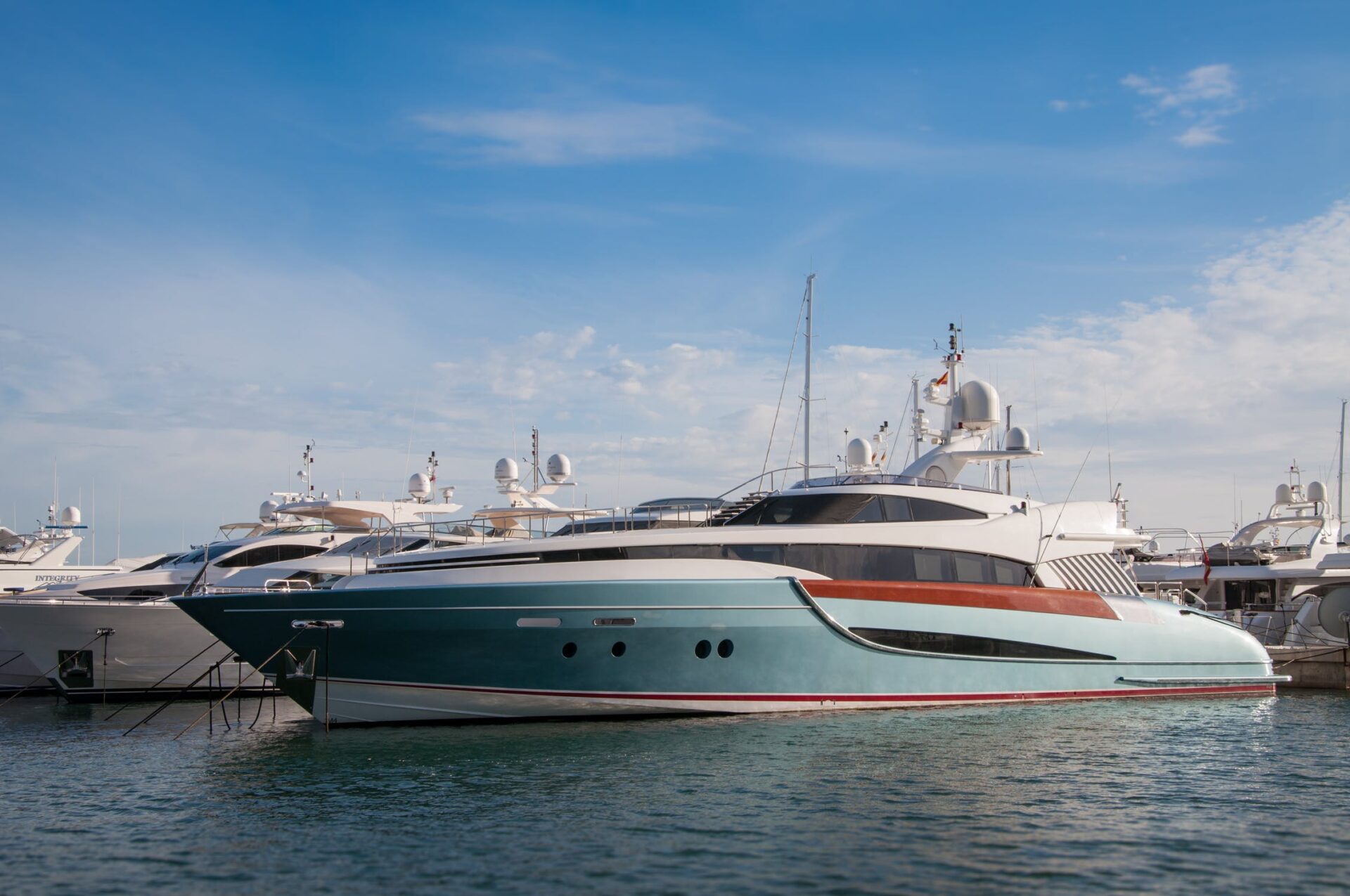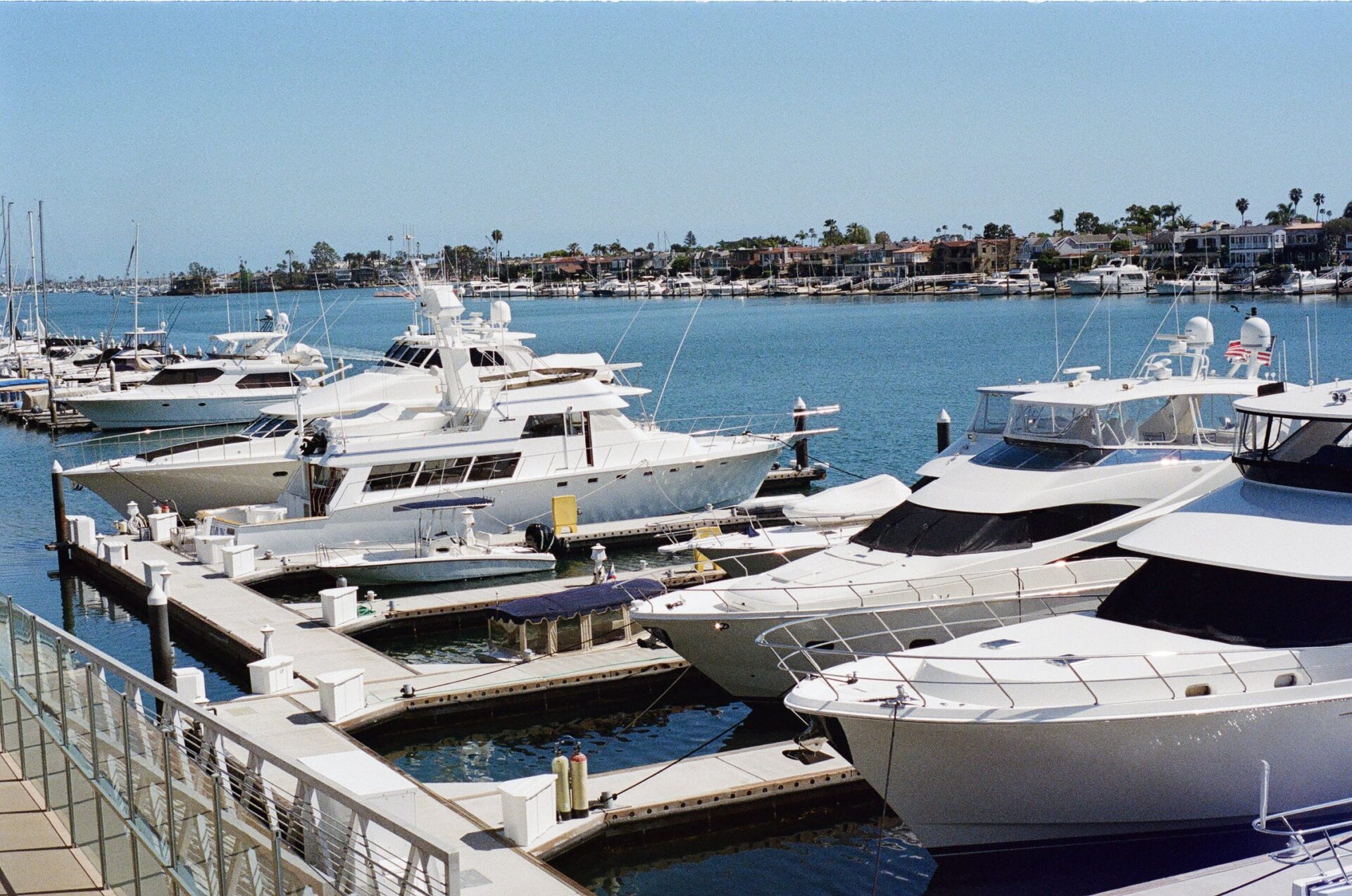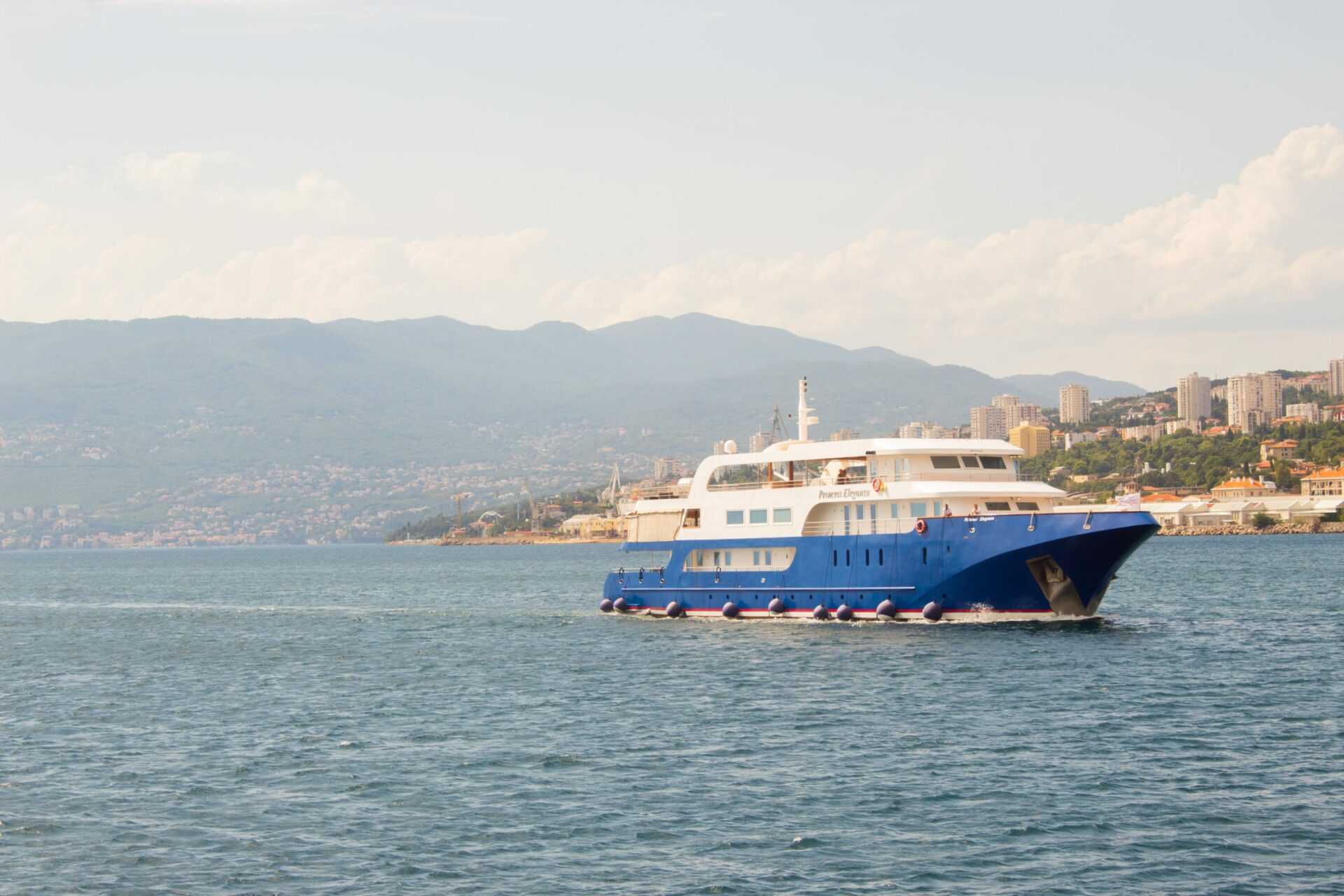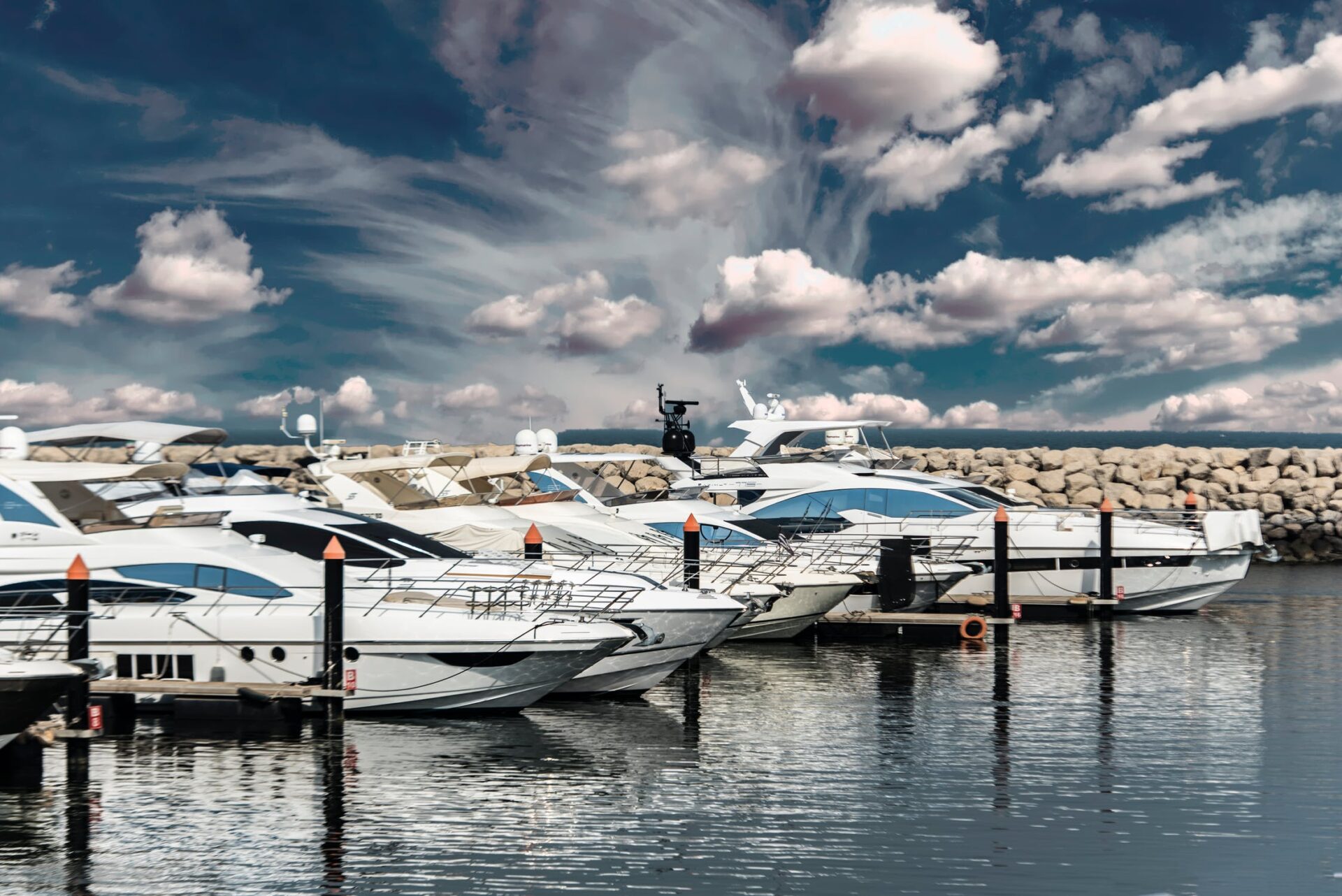
For the owner of a yacht, the arrest of a vessel can come as a shock and surprise. Imagine, one minute you are leisurely entertaining guests in crystal, clear blue waters, the next, you are confronted with a bailiff, insisting on slapping an arrest warrant onto your beloved boat.
As the owner of a yacht, it is imperative that you avoid the risk of having your vessel placed under arrest as it can be very costly, inconvenient and time-consuming to obtain its freedom again.
In this article, we will explain what an arrest of a vessel is, what happens when your vessel is arrested, the different conventions that apply and jurisdictional issues which may arise. We will also explain how you can ensure you keep your boat away from the long-arm of the law and free to do what you purchased it for.
Can my Yacht be ‘Arrested’?
Yes, but don’t worry, enforcement officers will not force your beautiful vessel into some dirty shipyard and leave it there to rust.
If your vessel becomes the subject of a claim that a court has given itself in rem jurisdiction over, it can be arrested. Latin for against the thing, in rem refers to the court’s authority over objects, as opposed to authority over people. The purpose of the arrest is to prevent the yacht from being moved from a certain jurisdiction; therefore remaining in reach of a claimant to use as security whilst their claim goes through the litigation process.
If your yacht is arrested, its ownership and responsibility remain with you. You are therefore responsible for moorage and other maintenance costs while the vessel is in port. You will not be able to move your yacht from the port where it was arrested without the permission of the court or all parties to the dispute. It is also highly unlikely that you will find a buyer for your vessel or a financial institution who will offer a mortgage on it while it is under arrest.
Who Can Apply to the Court for the Arrest of a Vessel?
The law surrounding who can apply for the arrest of a vessel and under what circumstances an application can be made is very complex. This is because there are potentially three regimes governing arrest of a vessel; namely
- The Arrest Convention 1952
- The Arrest Convention 1999
- The court which has local jurisdiction
Let’s look at all three separately. In this article, we will be analysing the law of the United Kingdom when it comes to local jurisdiction.
The Arrest Convention 1952
The Arrest Convention 1952 (or International Convention for the Unification of Certain Rules Relating to Arrest of Sea-going Ships) has been ratified by 71 countries who all agree to allow a foreign jurisdiction to arrest a ship of its nationality that is present in their port.
Any claimant “who alleges that a maritime claim exists in his favour” can make an application to the court for arrest. These claims can arise from situations including:
- Damage to property caused by the vessel
- Personal injury or death
- Wage disputes
- Disputes between co-owners
- Ownership disputes
- Mortgage disputes
- Overdue maintenance work payments or dock charges
- Agreements to charter the vessel
- Lost or damaged luggage or possessions
- A maritime lien
Although the 1952 Convention has been widely adopted, it is often criticised for not allowing an arrest for unpaid insurance premiums and for containing some rather ambiguously worded Articles. It is also unclear as to whether its Articles apply to ships not flying a ratifying country’s flag.
The Arrest Convention 1999
The Arrest Convention 1999 came into force in 2011, after finally obtaining ten countries wishing to ratify it (a process which took twelve years, highlighting the lack of enthusiasm for this convention internationally). The ten ratifying countries are Albania, Algeria, Benin, Bulgaria, Ecuador, Estonia, Latvia, Liberia, Spain and the Syrian Arab Republic.
The 1999 Convention widens the scope of claims that can give rise to the right of arrest. It clarifies the ambiguity surrounding whether or not the 1952 Convention applies to non-party states; the 1999 Convention applies to all vessels.
Claims that can give rise to the right of arrest under the 1999 Convention (but not the 1952 Convention) include:
- Non-payment of insurance premiums
- Damage to the environment
- Wreck removal
- Loss or damage in connection with goods
- Provisions, bunkers and equipment (including containers) which are supplied for the ship’s operation or maintenance (these not being specifically provided for in the 1952 Convention);
- Port, canal and pilotage dues (this convention applies to inland waterways as well as the open sea); and
- Disputes arising from a contract for sale of a ship
The 1999 convention only applies to vessels which are in the waters of a signatory state.
What are the United Kingdom Laws Pertaining to Arrest of a Vessel?
The United Kingdom’s laws pertaining to the arrest of a vessel derive from the Supreme Court Act 1981, Part 49 of the Civil Procedure Rules and the Admiralty Court Practice Direction. Taken together, these regulations provide a wider scope of situations where a claimant can apply for arrest and include acts such as oil pollution. However, they do not go as far as the 1999 Convention, which allows for arrest applications for damage, or threat of damage to the environment. They also provide for possible proceedings against freight on board the vessel (which is not possible under either the 1952 or 1999 Convention).
Can I Apply for Bail and what Security will be Required?
Just as with an individual placed under arrest, a ship can be bailed if sufficient security is provided. Both the 1952 and the 1999 Conventions and domestic UK law state that the security demanded for bail should be limited to the ship’s value. Both the owner of the vessel and the provider of security have the right to apply to the local court for a review on the amount of security requested by the arresting party.
Are there any Remedies for Wrongful Arrest?
Cases of successfully claiming compensation for the wrongful arrest of a vessel are few and far between. The 1952 Convention does not provide for the wrongful arrest, instead leaving the issue to be decided by the local courts.
Under English law, traditionally the claimant for wrongful arrest had to show that the arresting party acted mala fides (in bad faith), or crassa negligentia (gross negligence implying malice). However, in the 2009 case of The Kallang, the ship owners were able to claim damages and an injunction, after showing that the arresting party’s (an insurer) reason for the arrest went beyond simply seeking reasonable security (the insurer wanted to obtain Senegalese jurisdiction over their case and used the tool of arrest to try and secure this).
Despite the success of the ship owners in The Kallang case and others of similar factual circumstances, the case law surrounding wrongful arrest remains harsh, outdated and confusing. Countries that have adopted the 1999 Convention can benefit from Article 6, which allows the court to award damages where the arrest is wrongful or excessive security has been demanded. This could be a compelling reason for more countries to ratify the convention.
In Summary
Due to cross-jurisdictional law and two different conventions, the law pertaining to the arrest of a vessel is complex and expensive to navigate. The best way for owners of luxury yachts to avoid having to deal with this type of inconvenience is to ensure they pay suppliers, employees and the holders of mortgages on time and seek expert legal advice if the vessel is involved in an accident causing damage to property or a person.
If you wish to talk to us further about legal matters pertaining to your yacht or superyacht, please phone our London office on 020 3588 3500, or click here for further information.
If you would like to express any thoughts on this article, please feel free to write in the comments section below.
Table of content
Recent Posts
Cryptoasset Tax Changes From January 2026
The world of cryptoassets is in a constant state [...]
UK Housing Market – 2025 Update
Buying your first home in the UK is not a [...]
Can You Put Digital Assets In A Trust? – How To Protect Your Digital Estate
In an era where our lives are increasingly played out [...]

